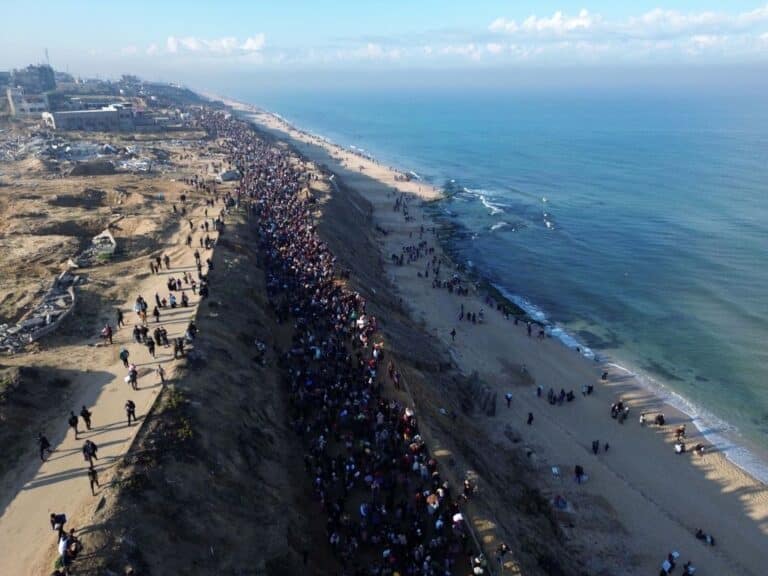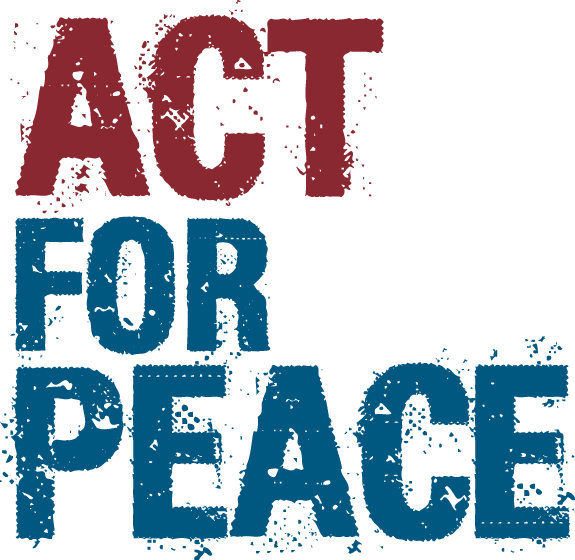What’s causing the displacement crisis?
More people are being displaced than ever before, and at a pace that’s outstripping the international community’s ability to support displaced people to find a safe place to call home. But there’s a deeper issue that needs to be tackled. Simply providing aid – while critical and lifesaving – is insufficient. Preventing displacement and finding solutions is the key, and that requires committed governments acting together, to prevent conflict, climate change, and inequality.

How do we fix the problem?
Two years ago, Act for Peace set out to prioritise displacement solutions by backing displaced people and building unity to transform the system for better.
The first step was to convince other aid agencies and the Australian government that we need to prioritise displacement. Working with the Australian Council for International Development (ACFID) – the peak body for overseas aid organisations – the working group set out to convince the Australian government to do more.
In late 2023, we had our first win. Our new government prioritised displacement for the first time in its International Development Policy; the strategy that guides the Australia development assistance program.
In 2024, the government also prioritised displacement in its International Humanitarian Policy, which guides what emergency assistance Australia provides globally. Importantly, both policies contain a strong commitment to take action to prevent displacement and find solutions for people, while continuing to provide lifesaving aid to those already displaced.
It’s a smarter way to work, preventing displacement reduces suffering and saves previous aid dollars. Finding solutions means people are not stuck in camps, where more harm comes to them, and are instead able to find a place to settle and support themselves.
transforming the system
“It’s a smarter way to work, preventing displacement reduces suffering and saves previous aid dollars. Finding solutions means people are not stuck in camps, where more harm comes to them, and are instead able to find a place to settle and support themselves.”
~ James Thompson, Senior Policy & Protection Advisor
Where to from here?
Now, we’re calling on the Government to develop a clear plan to implement its commitments and to appoint a Global Displacement Ambassador; one that can use Australia’s influence to convince other states we need to act together to prevent and solve displacement; a call ACFID is now supporting.
Equally important, we’re asking that we all come together – displaced people, governments, NGOs and others – to work out how to collectively address the crisis. And so early this year, we’ll be holding a strategy level dialogue with DFAT and displacement experts.
Want to learn more?
To learn more, see the Australian Council for International Development (ACFID)’s analysis of the new policy, based on discussions within ACFID’s Humanitarian Reference Group (HRG) and meetings with the Department of Foreign Affairs and Trade (DFAT).
Join us in acting for peace, because everyone deserves a safe place to belong.
